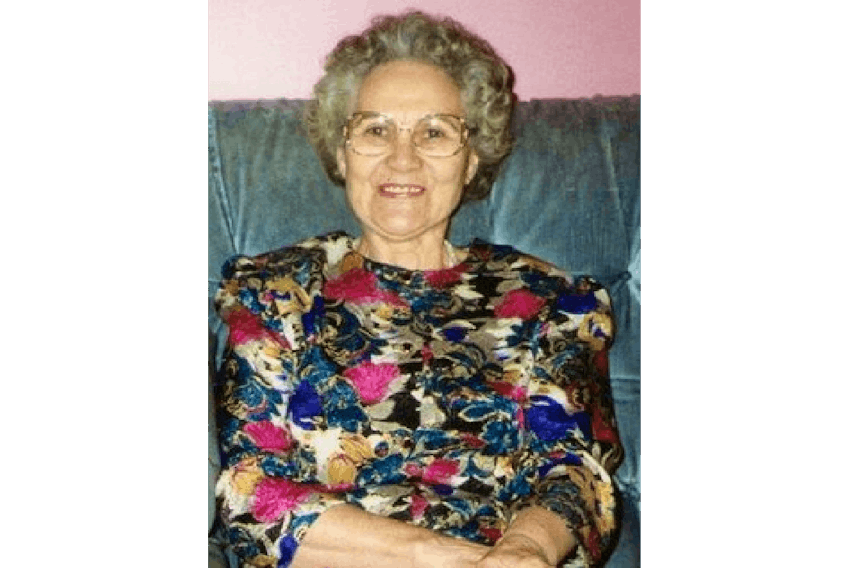ST. JOHN'S, N.L. — Elaine Hillier wants her voice to be heard when it comes to her own experience dealing with a family member's dementia diagnosis. She knows there are others out there going through the same sort of challenges her family went through.
"Medications have improved, research is going forward, there are a lot of new things on the horizon, but still, people have to go through this journey to the end — there's no cure," the Torbay resident told The Telegram.
"It's very scary for some people. It's very important that they understand your loved one is trapped inside themselves — they can't get out basically. But they still need the care, they still need dignity, they still need love and respect ... You need to advocate for your loved one wherever possible."
Elaine, originally from Marystown, is one of many Canadians sharing her story as part of a nation-wide campaign called "I live with dementia. Let me help you understand." It coincides with Alzheimer's Awareness Month. These stories highlight the challenges, positive experiences and lessons learned for people whose lives were in some way impacted by the degenerative disease.
A common symptom of dementia is difficulty remembering things. A gradual decrease in one's ability to think may worsen over time and result in Alzheimer's disease, the late-stages of which would involve a person losing their ability to hold conversations and react to their environment. According to the Alzheimer Society of Newfoundland and Labrador, there are 9,462 people in the province living with dementia. With an aging population, its estimated that total will increase to approximately 14,000 by 2035.

Marjorie’s diagnosis
Marjorie Hillier, Elaine's mother-in-law, was diagnosed with dementia in 1997. Elaine had friends whose parents had developed Alzheimer's, but this was the first time it was a person in her family.
"Nothing prepared you for the challenges," Elaine said. "We hadn't had any one-on-one relationship with a person who had Alzheimer's before. We knew what Alzheimer's was all about, but until you're going through the journey yourself with a loved one, you're really not prepared for what it brings to you."
There was fear within the family about losing the woman they knew as the disease progressed, and it was hard for everyone who loved Marjorie, known for being an intelligent, gentle and loving person. Elaine's children were young at the time and lived on the Burin Peninsula. When Marjorie moved to a long-term care facility in St. John's, they were only able to see her on weekends.
"When we saw Mrs. Hillier every second weekend for instance, the changes were dramatic for us because it was progressing, so she had changed in terms of her recognition of us and her behaviour," Elaine said, noting two of Marjorie's children did live in the city. "Not that her behaviour became concerning — it's just that it wasn't nan anymore. Our children found that difficult."
Keeping her included
Prior to the move to St. John's, Marjorie's family always worked hard to make sure she was included in family activities. This proved more difficult once Marjorie creased engaging in conversations and failed to recognize people.
"But being there to talk to her, hold her hand, hug her and just make sure she was OK — that was important to us," Elaine said.
Marjorie died in 2000 at the age of 69.
"It's harder on the family than it is on the person going through Alzheimer's, because they don't know," Elaine said. "They don't know the difference. But we knew she was at peace and her journey was over. And yes, we were thankful that it was as peaceful as it was at that time."
Resources for families of people dealing with dementia and Alzheimer's are much improved compared to 20 years ago, and Elaine Hillier stresses the value of taking advantage of what services are out there for families.
"Now there are day programs for people with dementia. There are programs for the caregivers. Family support. Educational programs. And it's out there if you know where to go look."
Twitter: @CBNAndrew









